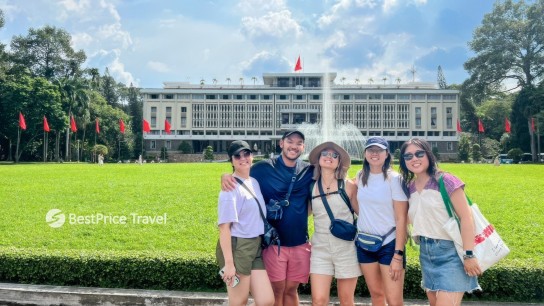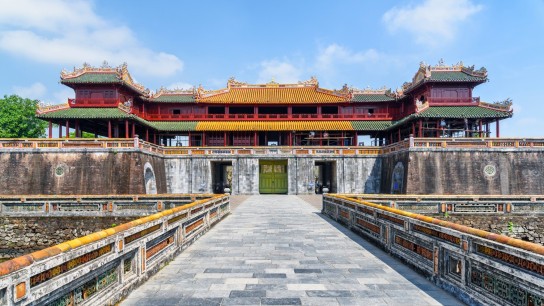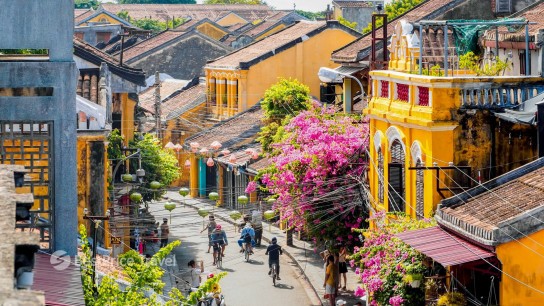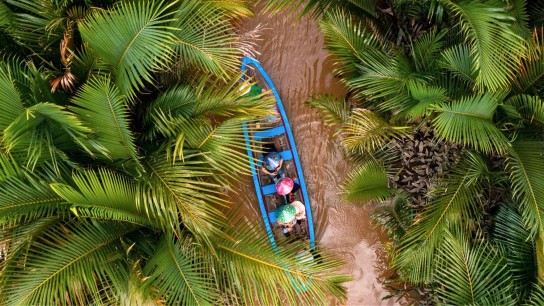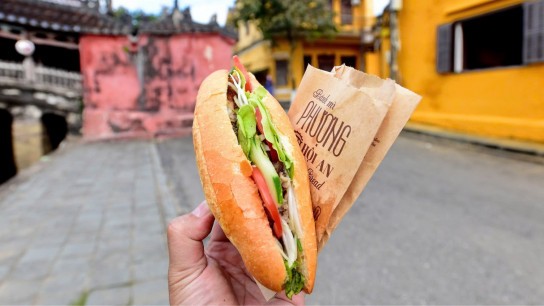Responsible Travel - Respect For The Destinations We Visit
By choosing responsible travel, your vacation could be as fabulous as you have always dreamed of while ensuring that the money you spent is supporting the environment and the local people.
There is a growing trend amongst travelers visit remote destinations which are very often home to poor people to see unique landscapes and ways of life. You might already know that negative impacts from tourism occur when the amount of visitors is greater than the environment's ability to cope with the visitor volume. The ‘remote destinations’ are often populated by indigenous cultures, whose customs and traditions may be vulnerable to the over-bearing Western culture of tourists.

A positive image of responsible tourists
Visitors should keep in mind that we are entering a place that is someone else's home. As visitors of another country, we should not avoid our responsibility to sustain the natural and cultural wonders of our planet so that future generations can enjoy the same life-changing adventures we have shared. A growing number of travelers want their journeys to be less invasive and more beneficial to the local community. This is known as "responsible travel". It is a respect for the local culture, environment, and people wherever we visit.
Responsible travel encourages travelers to think about the impact of their trip and it is about making choices to reduce the environmental impact of travel while enhancing positive impacts on the people and places we visit. Responsible travel provides a better understand of the culture of the people they meet in the places they visit. It aims to facilitate interactions between travelers and locals – where each may learn from the other. In a nutshell, responsible travel is travel that is environmentally, socially, culturally, and economically sustainable.
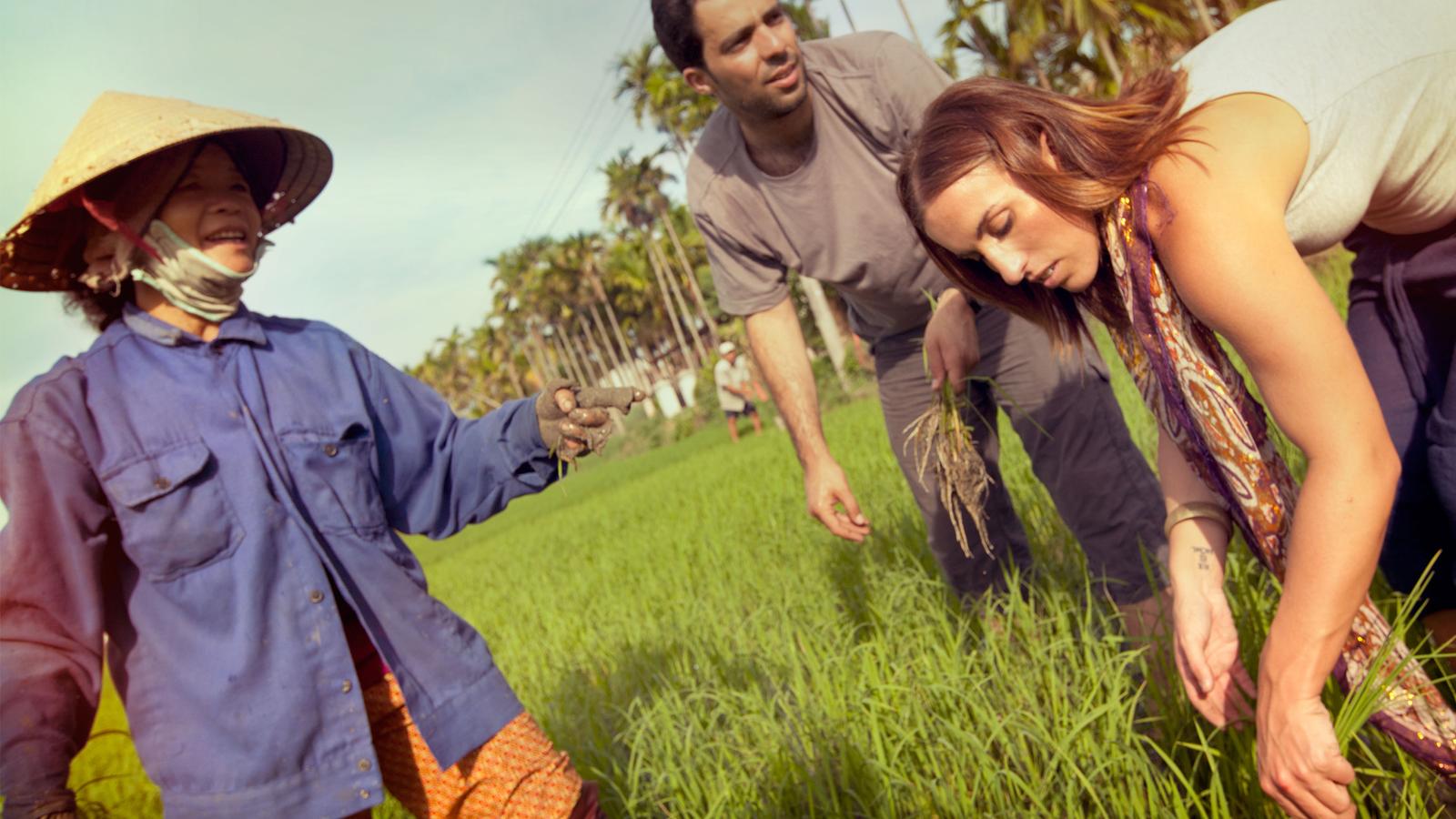
Sustainable tourism benefits the communities and gives travelers more enriched adventures
There are many ways to travel sustainably. Below are just a few ways you can get involved on your next holidays to make your journey more responsible and meaningful.
1. Protect the environment
Hordes of tourists can often spell disaster for the environment, so you can try to help with little things by pick up your trash and never litter, limit energy use, save water, reduce the number of plastic bags, napkins, and disposable cups you use when you eat fast food, take away coffee/meals, etc.
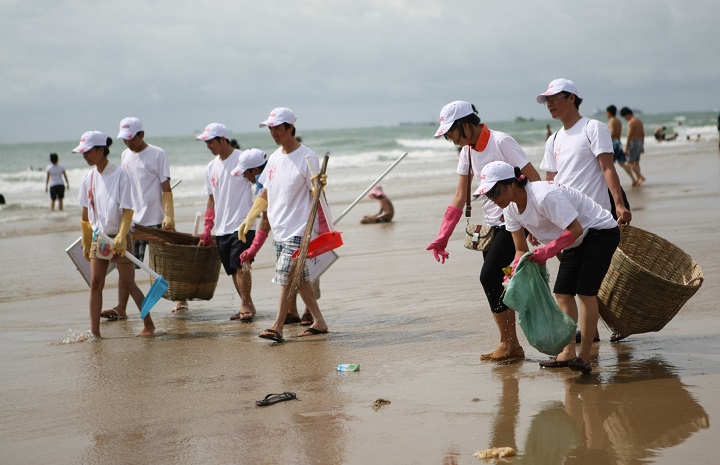
Tourists picking up trash on the beach of Cat Ba Island
2. Protect wildlife
A trip to an animal conservation center rather than a zoo, seeing animals in their natural environment rather than in captivity, and traveling only with companies who have a strong wildlife policy are great starting points. Think twice before you buy any products made from any endangered species, including animal hides and body parts, tortoise-shell, ivory, or coral - they could be illegal.

Adorable monkey at the Endangered Primate Rescue Center in Cuc Phuong National Park
3. Change your commute
Part of the fun of travel is experiencing all the great ways to get around! Try out some cool transportation – including cyclo, "xe lôi", "xe lam"... where you can travel like a local. If you’re able, sample the local cuisine on a walking tour, or explore the streets on a cyclo ride, get your heart pumping with a cycling trip, or jump into nature with a trek.
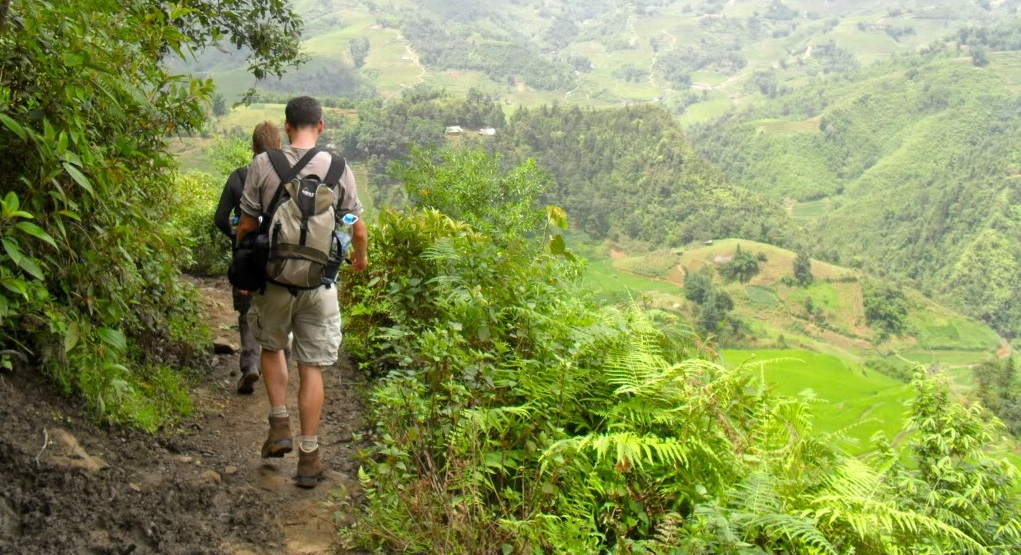
Trekking in Sapa in Northern Vietnam
Small groups: Less is more: less impact on the natural environment, more chance to enjoy your surroundings. Less crowding out of places, more time spent meaningfully interacting with locals.
4. Respect local culture
Finding out more about how other cultures work is not only interesting and exciting; it reflects how grateful we are to be welcomed by them. Before traveling, it necessary to learn a little bit about the local culture and traditions of the place that you are visiting. Not only will it potentially save you from culture shock, but you might learn something that actually stops you from causing offense. Did you know that in Vietnam, crossing your fingers (which means wishing for luck) is actually just about the most offensive gesture you can make towards someone? (Read "Dos and Don'ts in Vietnam" for some further tips.) Ensure that you are familiar with what is acceptable to photograph in the destination you are traveling to – some religious sites and processions are prohibited from being photographed or filmed. So always ask permission before taking a photo.
5. Dig deep into the local culture
Culturally conscious activities, such as visiting villages, home-stay, trying local cuisine, and learning about traditional crafts, invite travelers to experience the authentic lifestyle of locals. Seeing these sides of life is not only fascinating but essential to our true understanding of the country. Like the long-lasting memories that come from them, the experiences are what makes it priceless and unique.
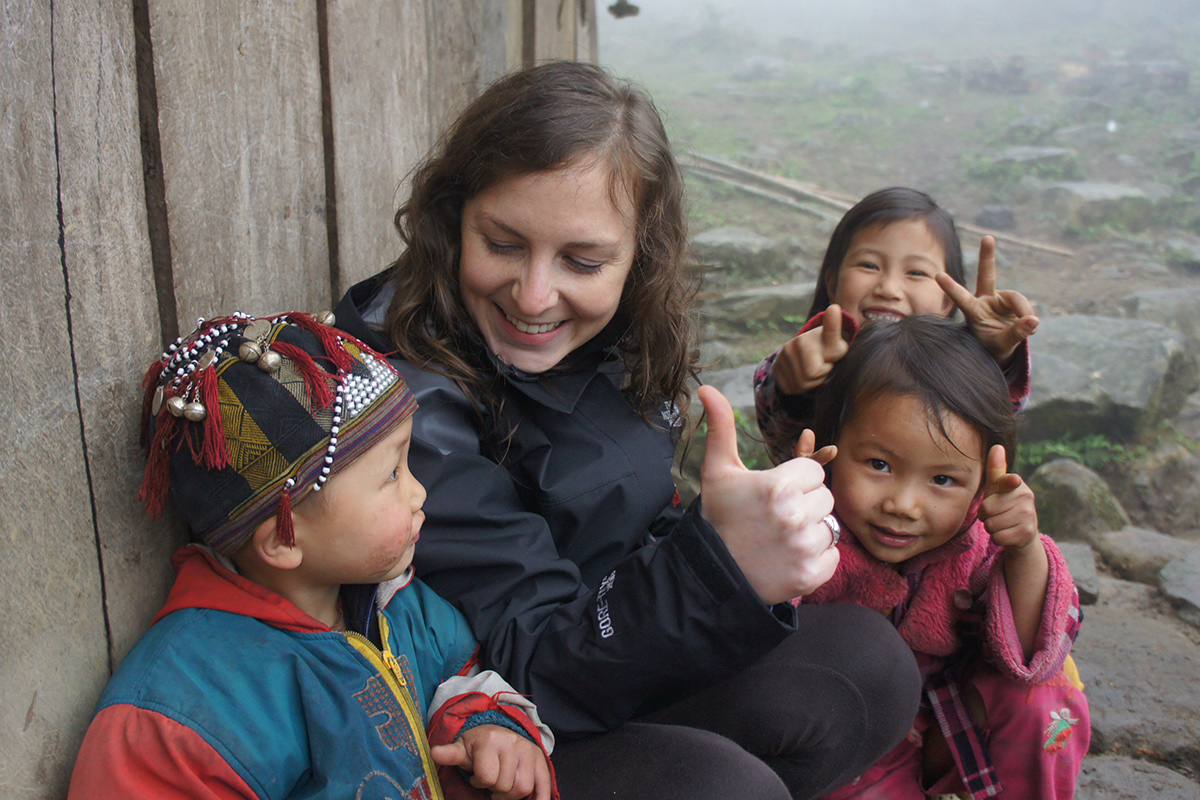
Travelers make friend with lovely kids during a rural homestay experience in Sapa
6. Keep the tradition alive
Shop locally from traditional artisans. Buying goods from local businesses also supports the continuation of traditional, culturally important skills that have been passed down through generations. You can even support the economy by learning some new skills: cooking class, try your hand to make pottery ware in Bat Trang village, learn to make a hand-made lantern in Hoian... This reduces the embodied energy (energy consumed through production and transport) and supports the local economy and keeps their traditional crafts alive. By booking tour products through BestPrice Travel, you also have a chance to get a handmade item by disabled people in Quynh Hoa Charity Vocational Training Center - one of our closest partners.
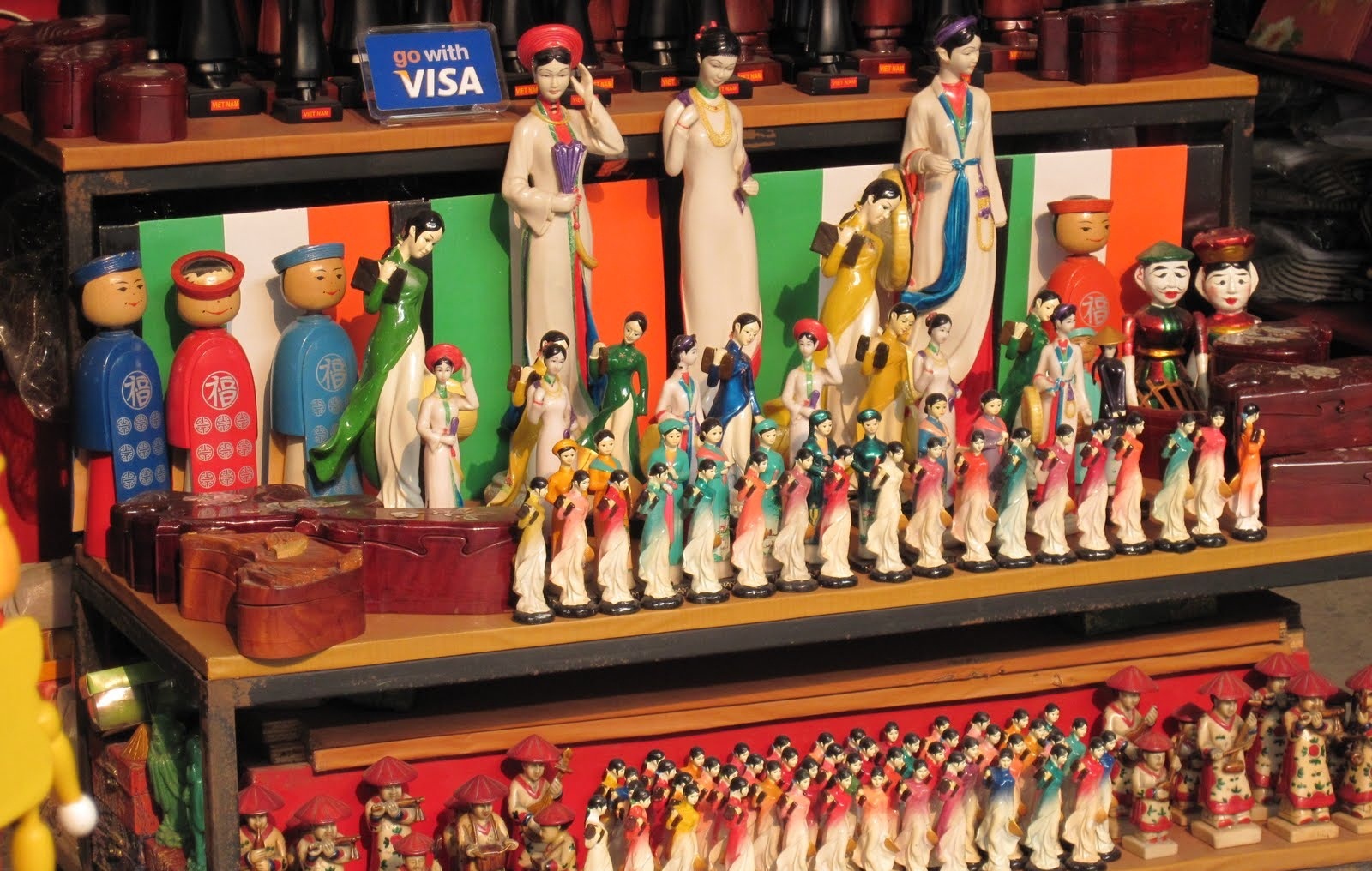
Why not bring home some of these cute wooden dolls in traditional Vietnamese costumes?
7. Use local services
Another great way that you can help is to support locals by eating and drinking local brands, looking for locally-owned restaurants and hotels, utilizing the knowledge of local tour guides, or buying supplies from local operators. This means your money goes right back into helping the country that you’re visiting.
8. Support local communities
Be wary of giving money or gifts to people on the streets, this includes beggars or children. Instead, support the community through a reputable local organization. Supporting organizations that in turn support vulnerable communities such as educational programs is often a more constructive approach to helping those in need.
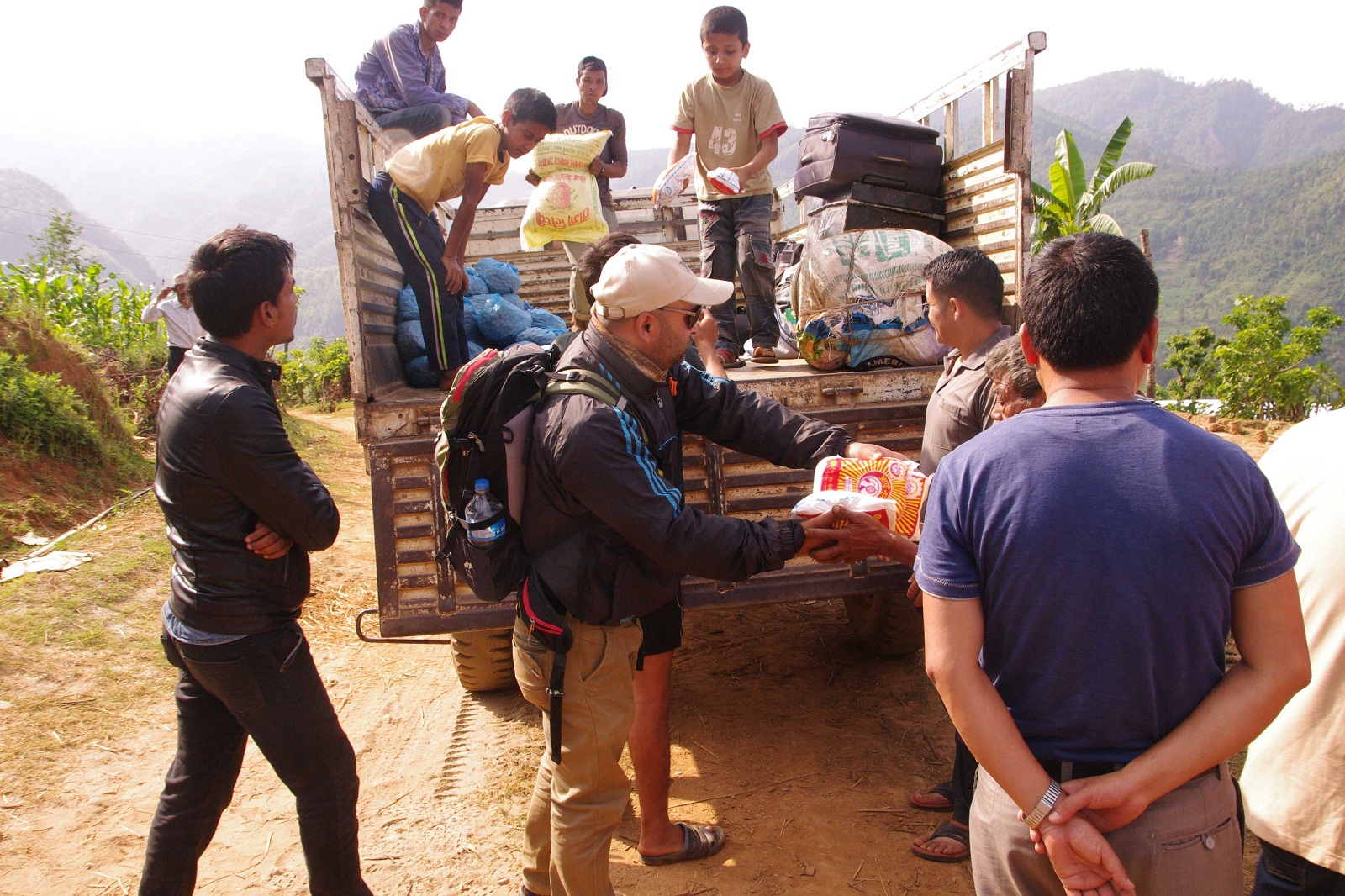
Donating for people in need
BestPrice Travel believes that the best education comes from travel; it broadens the mind and enriches our lives. It is then up to us to protect these places we set out to explore. Even the smallest changes to your itinerary can transform how it impacts local communities, wildlife, and the environment. We invite you to explore your world with vigor and compassion, respect and wonder, and to fully understand how good it feels to be responsible in your travels and adventures. Building a culture of sustainability will, however, take time and you, the traveler, can become part of the solution.
Xuyen
Image Sources: Internet.
